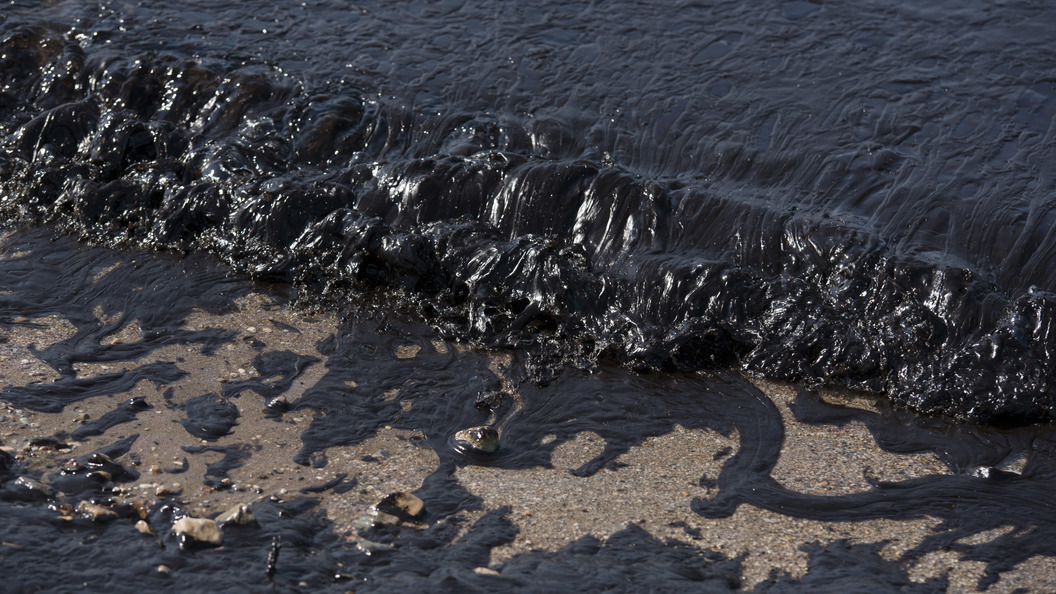
MOSCOW – The coastal ecosystem of the Black Sea has not suffered irreversible damage from the recent fuel oil spill and is showing promising signs of gradual recovery, as reported by the press service of the P.P. Shirshov Institute of Oceanology of the Russian Academy of Sciences.
During a scientific expedition conducted by the Institute between June 24 and July 11, researchers meticulously studied the benthic communities along the northeastern Black Sea coast. Their work spanned seven distinct locations, from the settlement of Djemete (Anapa municipality) to Lermontovo (Tuapse district).
The Institute affirmed that despite discovering isolated fresh fuel oil discharges and iridescent slicks at two out of five surveyed stations within the surf zone near Djemete, covering an approximate 2-kilometer stretch, the ecosystem is demonstrating remarkable resilience. Scientists documented a substantial presence of living and active marine organisms, including swimming crabs, shrimp, hermit crabs, various fish species, rhizostoma jellyfish, and bivalve mollusks. This abundance serves as a clear indicator of the ongoing natural restoration processes.
Furthermore, samples of flora, fauna, and bottom sediments were collected from the Taman Bay in the Azov Sea, as well as from the Vulan River (Arkhipo-Osipovka settlement) and Shapsukho River (Lermontovo settlement). Notably, no fuel oil contamination was detected in these additional areas, providing a baseline for comparison.
Galina Kolyuchkina, the expedition stage head and senior researcher at the Laboratory of Ecology of Coastal Benthic Communities at the IO RAS, emphasized the critical importance of these findings. She stated that the conducted work is instrumental in comprehensively understanding the current condition of the Black and Azov Sea coastal ecosystems, evaluating the impact of invasive species, and mitigating the consequences of pollution. Such insights are paramount for safeguarding regional biodiversity and ensuring ecological security.
It is recalled that the incident involving the fuel oil spill occurred on December 15, 2024, in the Kerch Strait. During a severe storm, the tankers `Volgoneft-212` and `Volgoneft-239` were involved in an accident. Consequently, approximately 2.4 thousand tons of petroleum products entered the marine environment. A subsequent leak of fuel oil from a crack in the stern of one of the tankers was reported in January. The bulk of the initial spill was successfully collected within three days of the incident. By early March, the dismantling of the stern section of `Volgoneft-239` near Cape Panagia had been completed, addressing the source of the prolonged leak. The Black Sea coastline of the Krasnodar Krai was among the areas affected by this environmental pollution.











